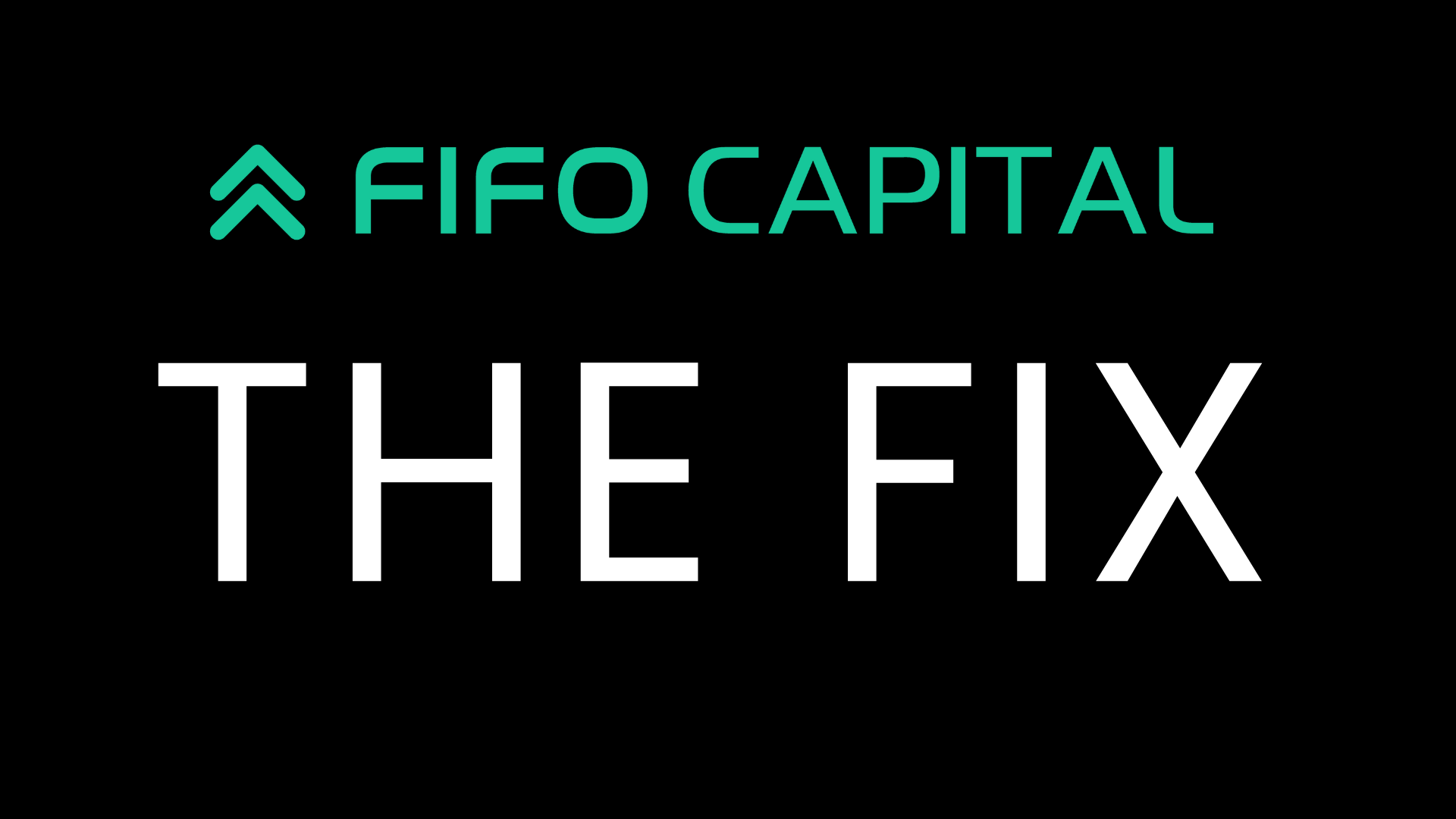Brandon Robins joins the Fifo team as our new Senior Business Development Manager, spearheading our corporate division’s expansion in New South Wales. With a strong background in business finance and SME lending, Brandon is poised to drive Fifo’s growth and impact in the region, cultivating strong partnerships and opportunities.
We had the privilege of sitting down with Brandon to delve into his expertise and gain valuable insights on SME lending.
What are the top three factors you consider before determining whether working capital solutions are going to be a good fit for a business?
- How long the business been trading for
- The industry the business operates in
- Where the client’s cash flow pinch is – where is the gap
How does Fifo’s approach to working with brokers differ from others?
I find that Fifo has a very commercial approach to lending and actively wants to support brokers and the clients they represent. There is a lot of relevant experience in the senior leadership team that has put together a strong framework for supporting clients with a lending solution. Plus, Fifo has an extensive product range that covers the majority of the lending needs of a SME client that is at an affordable and competitive rate.
How do you establish long-term relationships with your clients and continue supporting them beyond the initial consultation phase?
Long-term relationships with customers are extremely important. A business goes through so many changes so it’s only natural that so does the funding requirement.
Some businesses will outgrow the solution that you give them, and they become self-sufficient, some will want to increase the limit because the business has grown so much, some businesses will ask for more products to support the growth trajectory.
I also believe in involving everyone within the team, so the client feels supported and has access to everyone.
The operations team is probably the most important part of any long-term relationship as they handle the account day-to-day and have a real time understanding.
All in all, I believe in a one-team approach.
In your initial interactions with businesses, what aspects of their current operations or finances tend to surprise you the most?
- The terms of payment clients have with their customers.
- The use of home equity to support the business’s cash flow.
- Limited awareness about alternative lending options beyond business loans and overdrafts.
What strategies do you typically recommend to help businesses improve their cash flow management?
Every industry and business is unique — what works for one SME may not work for another. However, I firmly believe that working capital solutions, such as payables and receivables finance, play a crucial role in the market.
As businesses grow so does the need for a strong cash flow to support the growth trajectory. Having access to a working capital solution that matches the growth cycle of the business is important.
Any business is going to struggle with cash flow if they don’t receive payment immediately.
The amount of funding that goes into that finished product/service is extensive, and then you must wait 30–45 days to get paid.
That’s always going to put strain on any business’s cash flow. A solution like receivables finance means that you can get paid COD and injects cash back into the business straight away, while trade finance allows you to get support with supplier payments and extend the repayment period.
In your experience, what common financial challenges do SMEs often face, and how do you assist them in overcoming those challenges?
Cash is king — every SME business in Australia is always mindful of cash flow. As the business grows so does the pressure that is placed on the cash flow of the business.
Can you share a success story of a business you’ve worked with, highlighting the positive impact your consultation had on their operations and finances?
A client secured a contract with a major supermarket, leading to a significant surge in orders. This strained their cash flow as costs rose in tandem with the increased demand. The challenge stemmed from the gap between supplier payments and customer receipts.
To tackle this issue, we implemented a combination of trade and debtor finance solutions. The trade finance covered all supplier payments, fully funding the invoices. And the debtor finance product expedited payment from the major supermarket to COD, which repaid the trade finance.
By bypassing the need to accumulate sufficient cash for supplier payments, the client accessed funds to purchase essential goods promptly. Additionally, they avoided waiting 60 days for payment from the supermarket, injecting immediate cash into their business.
This approach not only resolved cash flow problems, but it also fuelled business growth.
Do you have a funding challenge that needs solving? Put Brandon to the test and book an appointment with him today. Book an appointment with Brandon today.

Keep reading

7 Finance Tips for SMEs in Australia to Improve Cash Flow and Unlock Growth Potential
Managing cash flow can be a challenge for SME owners in Australia. Without adequate cash flow, it can be difficult to pay bills, invest in growth opportunities, and cover expenses like salaries and rent. However, there are ways to address this problem and unlock your business’s potential for growth. To help SMEs in Australia, we […]

Thinking About Acquiring a New Business? Consider This First.
Expanding your business through acquisition is an exciting prospect, but it requires careful planning. Here are essential tips to ensure a successful transition: Identifying Opportunities Think about your strategic objectives. Are you aiming to expand into new markets, diversify your offerings, or strengthen your competitive position? Understanding your goals will guide your search for suitable […]

Small Business Finance: Exploring the Best Loan Options in Australia
Navigating the confusing world of small business finances can be a difficult process for entrepreneurs. To ensure success, it is important to find the best loan option that suits your company’s needs among all possible financial solutions available in Australia. This blog post will share insights into suitable options and some advice on how to […]

